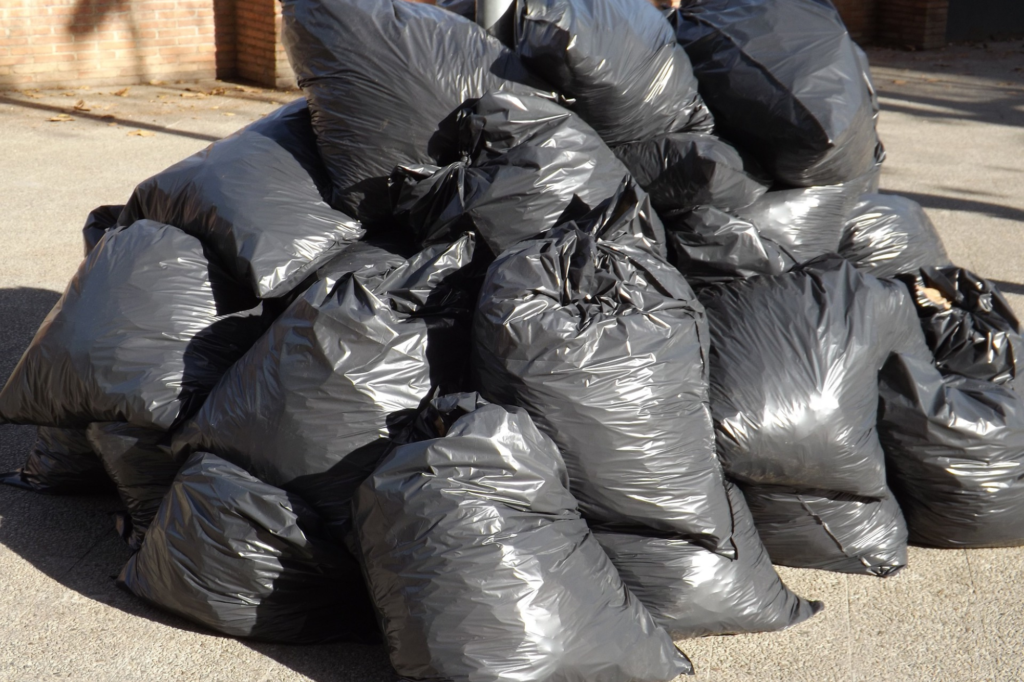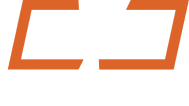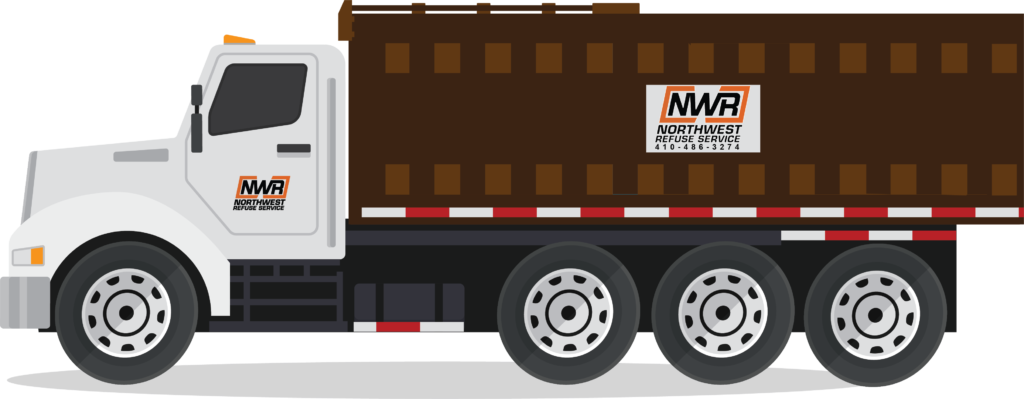Effective waste management is crucial for maintaining a clean and healthy environment. As a homeowner, adopting responsible disposal practices can significantly reduce your environmental footprint and contribute to a more sustainable community. Here’s a comprehensive guide to best practices in waste management for homeowners:
1. Understand Waste Categories
Properly categorizing your waste helps ensure that it is disposed of or recycled correctly:
- General Waste: Includes non-recyclable items such as food scraps, broken items, and other everyday trash.
- Recyclables: Items like paper, cardboard, glass, plastic bottles, and certain metals can be recycled. Check local guidelines for specific recyclable materials.
- Organic Waste: Yard waste (leaves, grass, branches) and food scraps that can be composted.
- Hazardous Waste: Includes items like batteries, paint, chemicals, and electronics that require special disposal.
2. Implement a Recycling Program
Recycling helps reduce landfill waste and conserves resources:
- Separate Recyclables: Use separate bins for paper, glass, plastics, and metals. Make sure to rinse containers to avoid contamination.
- Follow Local Guidelines: Adhere to local recycling rules and guidelines to ensure that your recyclables are accepted and processed correctly.
3. Compost Organic Waste
Composting is an eco-friendly way to manage organic waste and enrich your soil:
- Create a Compost Bin: Set up a compost bin or pile in your yard. Include kitchen scraps, coffee grounds, eggshells, and yard waste.
- Maintain the Compost: Turn the compost regularly to aerate it and speed up decomposition. Avoid adding meat, dairy, and oily foods to prevent odor and pests.
4. Practice Waste Reduction
Reducing waste is key to minimizing your environmental impact:
- Buy in Bulk: Purchase products in bulk to reduce packaging waste and save money.
- Choose Reusable Products: Opt for reusable bags, containers, and utensils instead of single-use items.
- Repair and Reuse: Repair broken items instead of discarding them, and consider donating or repurposing items you no longer need.

5. Properly Dispose of Hazardous Materials
Hazardous waste requires special handling to prevent environmental contamination:
- Locate Disposal Sites: Find local facilities or events that accept hazardous materials for proper disposal. Many communities offer special collection days for items like electronics, paint, and chemicals.
- Follow Safety Guidelines: Store hazardous materials safely and handle them according to manufacturer instructions. Use protective gear if needed.
6. Utilize Waste Management Services
Take advantage of available waste management services to streamline disposal:
- Regular Pickup: Ensure that you are subscribed to a regular waste pickup service that meets your needs. Schedule extra pickups if needed for large volumes of waste.
- Roll-Off Dumpsters: For major cleanouts or renovation projects, consider renting a roll-off dumpster to manage large amounts of waste efficiently.
7. Educate Your Household
Ensure that everyone in your household is aware of and follows waste management best practices:
- Set Guidelines: Create clear guidelines for sorting and disposing of waste. Post instructions near your bins for easy reference.
- Promote Awareness: Educate family members about the importance of recycling, composting, and reducing waste. Encourage them to adopt sustainable practices.
8. Monitor and Adjust
Regularly review and adjust your waste management practices to improve efficiency:
- Track Waste: Keep track of the types and amounts of waste you generate. Identify areas where you can reduce or improve.
- Seek Feedback: Ask for feedback from family members or neighbors to identify any challenges or areas for improvement.
9. Support Local Recycling Programs
Support and participate in local recycling and waste management initiatives:
- Community Programs: Engage with community recycling programs and waste reduction campaigns. Participate in local clean-up events and educational workshops.
- Advocate for Change: Advocate for improved waste management services or policies in your community to support broader environmental goals.
10. Stay Informed
Keep yourself updated on waste management practices and regulations:
- Research: Stay informed about best practices, new recycling guidelines, and waste management technologies.
- Local Resources: Utilize local resources and services to stay up-to-date with recycling and waste disposal options in your area.
Adopting responsible waste management practices is essential for protecting the environment and promoting sustainability. By understanding waste categories, implementing recycling and composting, reducing waste, and properly disposing of hazardous materials, you can make a significant positive impact.


